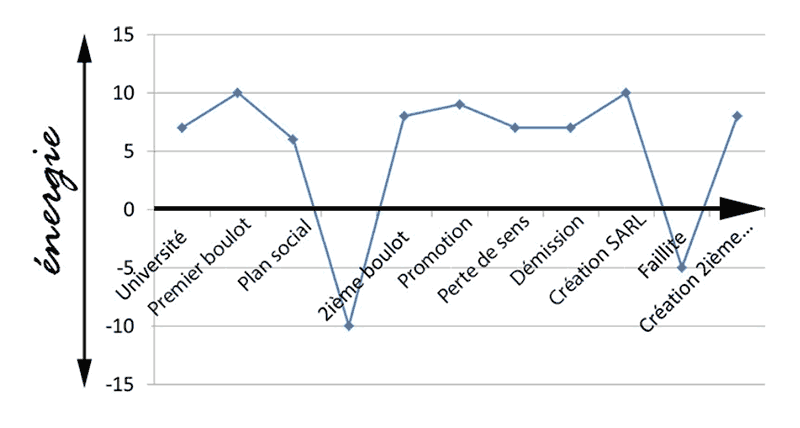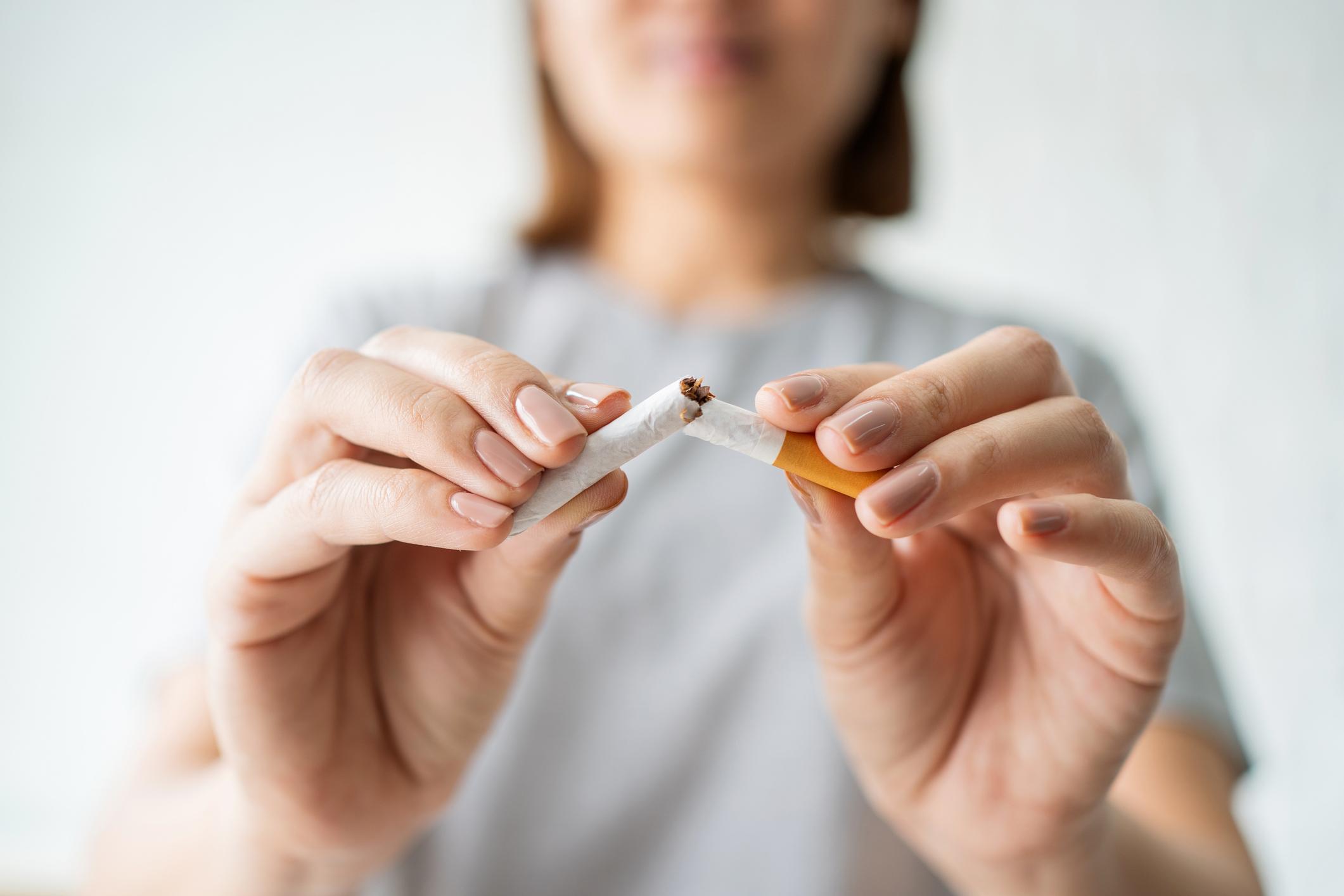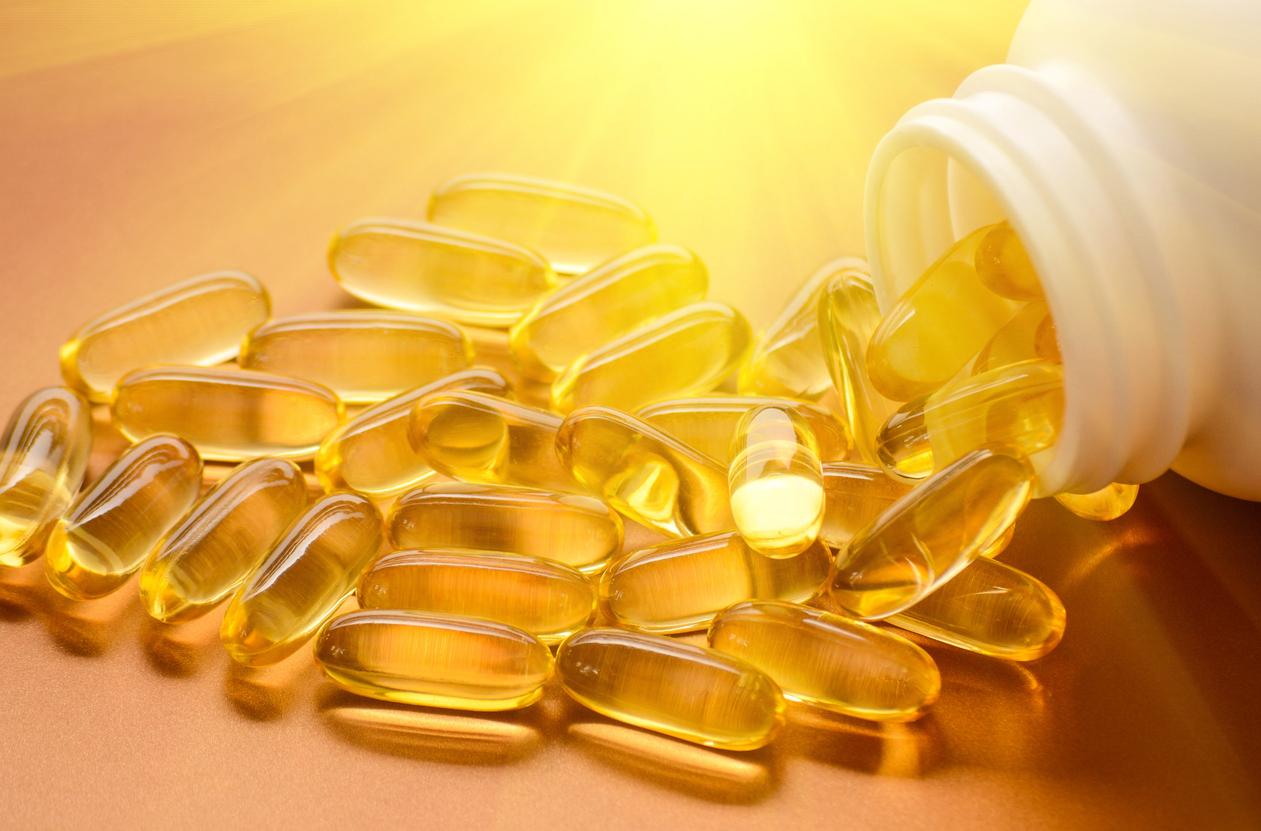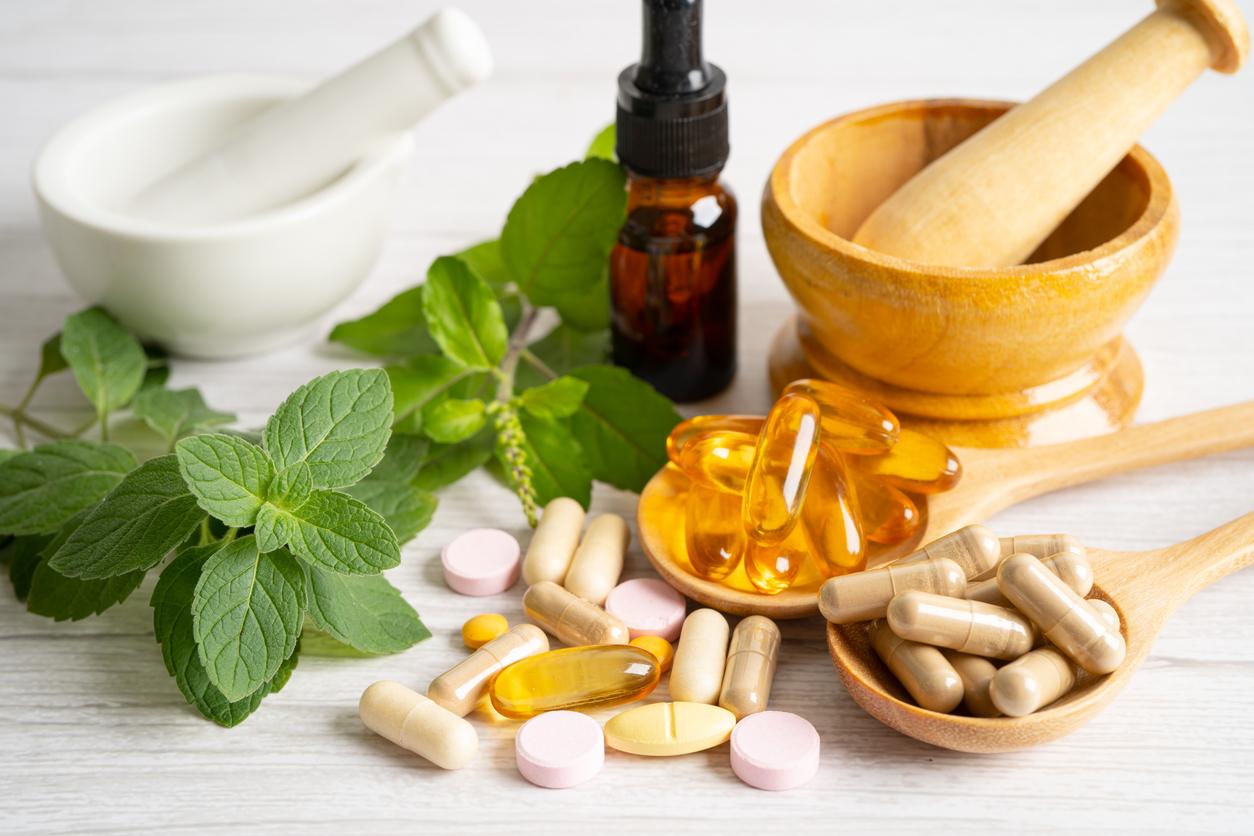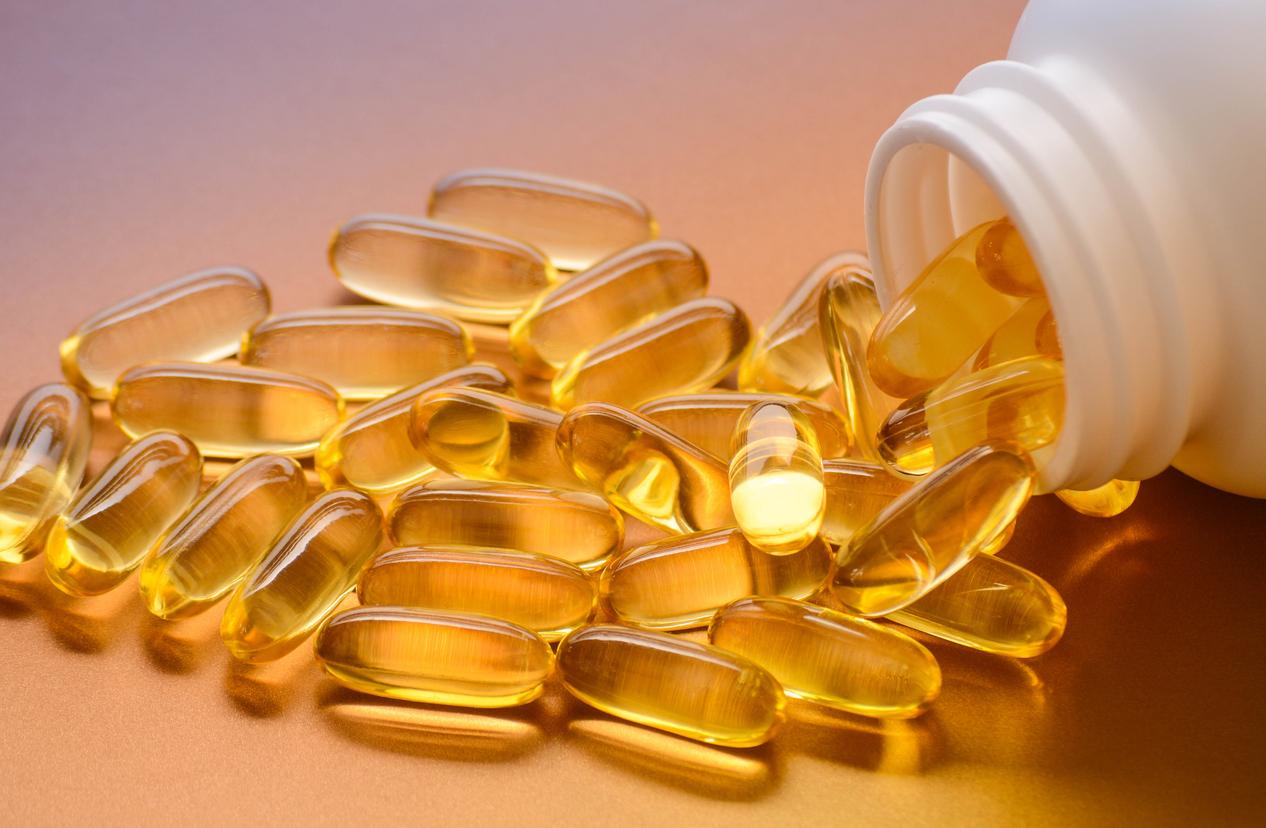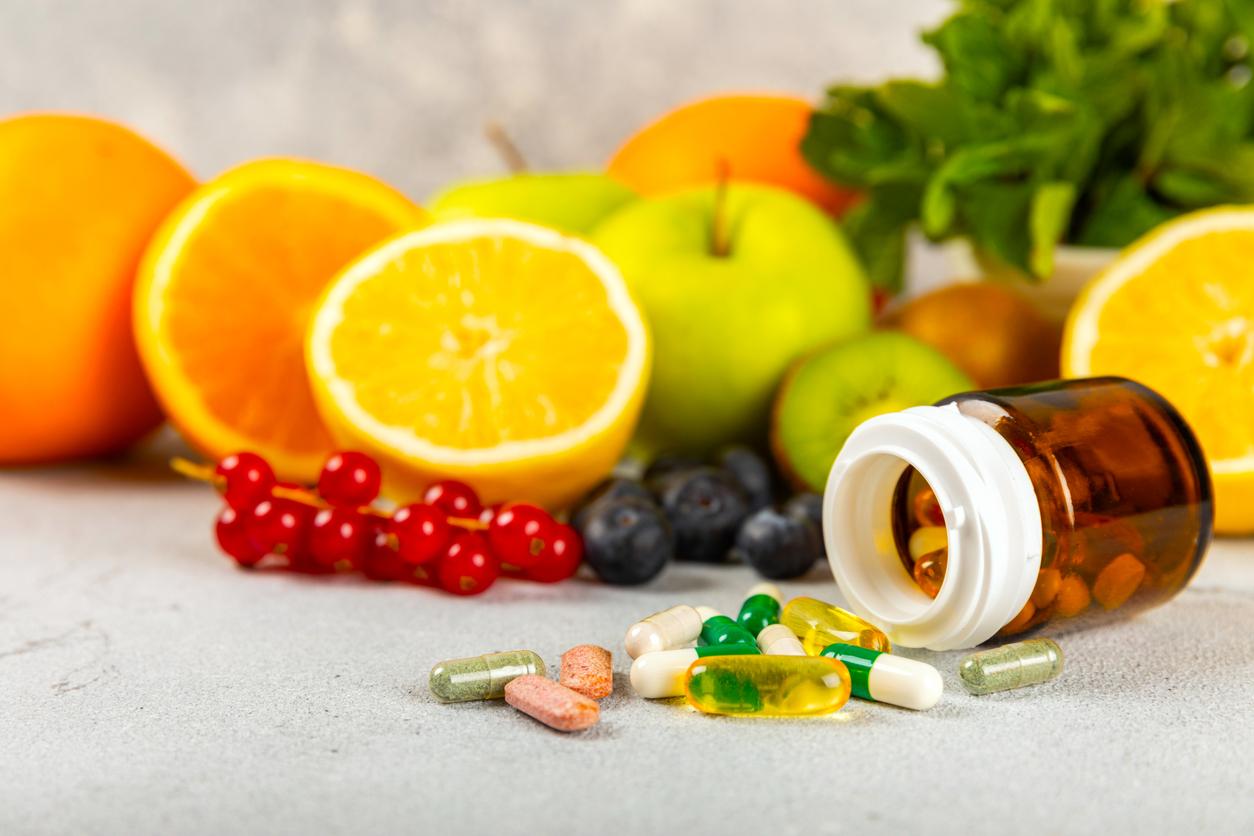A new survey by 60 million consumer magazine warns of the uselessness and potentially dangerous nature of eight brands of food supplements.

Food supplements rich in folic acid or omega-3 are not all useful … and potentially harmful, warns the review 60 Million consumers, which publishes an investigation in its March issue. The magazine screened eight brands of dietary supplements for children, adults and seniors.
Among the brands studied, certain food supplements for children containing vitamin D such as Pediakid (Ineldea laboratories) or Biane enfant (Pileje laboratory) would be likely to cause an overdose of vitamin D, this nutrient is often prescribed in vials during the winter.
Furthermore, the incriminated products may contain an excessive amount of fructose or salt and certain additives are said to have a laxative effect.
Right of reply published in accordance with the provisions of article 13 of the Law of July 29, 1881:
“PEDIAKID OMEGA 3 INELDEA
The company following the distribution of your article intends to communicate reliable information on the product which complies with French and European legal provisions.
– the claim (“rich in DHA which maintains good cognitive functioning”) is authorized by Commission Regulation (EU) 432/2012 of 16/05/2012 if the food supplement provides at least 40 mg of DHA in 100 g of product: the PEDIAKID OMEGA 3 provides the equivalent of 2 scoops with a DHA concentration of 333 mg per 100 g of product, which is well above the minimum required to claim this claim.
– omega 3 comes from deodorized fish oil and the presence of agave syrup made up of unrefined natural sugars gives it specific nutritional qualities.
– there is no recommended daily allowance defined by French legislation or reference intake defined by European texts for omega 3.
– for vitamin D: PEDIAKID OMEGA 3 provides a daily dose of 5µg published in the health recommendations of the DGCCRF of January 2018 and 10 times lower than the safety limit set by EFSA.
– the mention gluten-free is not commercial, it refers on the one hand to a rigorous selection of raw materials free of gluten and on the other hand to an analytical control on the finished product by analysis making it possible to ensure that the product complies with the threshold and contains a gluten content of less than 20 ppm (EU regulation 828/2014 of July 30, 2014).
It was therefore necessary for the good information of your readers that the scientific and regulatory reality be thus restored”.
Remark :
It should be noted that the EFSA will produce a scientific opinion on the daily intake of added sugars in food by 2020. Its objective is to determine a scientifically based upper limit of daily exposure to added sugars, from all sources, which is not associated with adverse health effects.
Added sugars from all sources of exposure include sucrose, fructose, glucose, starch hydrolysates such as glucose syrup, high fructose syrup and other sugar preparations used in as such or added during food preparation and manufacturing. The health parameters that will be studied will include body weight, glucose intolerance and insulin sensitivity, type 2 diabetes, cardiovascular risk factors and dental caries. In its assessment, EFSA will look at the general healthy population, including children, adolescents, adults and the elderly.
To be continued.
Nausea, anxiety, headaches…
Other capsules containing caffeine, this time prescribed to students to help them stay awake, can impair the ability to memorize information and, if consumed in large quantities, trigger headaches, nausea, heart problems or signs of anxiety.
Supplements intended for seniors and supposed to “improve cognitive functions” and “reinforce memory” like Cognisciences (Green Health laboratory) or Ginkor Memo (Tonipharm laboratories) are in the crosshairs of 60 million consumers.
Investigation places particular emphasis on the dangerous nature of ginkgo biloba, a Chinese plant whose virtues on cognitive abilities have not been demonstrated. In addition, the action of this plant could interfere with anticoagulant treatments. “Caution is needed,” says the report.
Instead of consuming food supplements, the review published by the National Institute of Consumption recommends promoting a balanced diet based on oily fish (rich in omega 3), dried fruits and vegetable oils.
Dietary supplements do not reduce the risk of depression
A study recently published in the JAMA analyzed the link between dietary supplement intake and the risk of depression. If medicine has proven that a balanced diet can prevent depression, this is, according to this research, however not the case with food supplements.
The study was carried out on a cohort of 1,000 adults from Spain, Germany, the Netherlands and the United Kingdom who were at high risk for depression.
The volunteers were divided into two groups: the first followed a diet at based on folic acid, vitamin D, omega -3, zinc and selenium for one year, while the second received a placebo treatment.
The scientists behind the study noticed that there was no reduction in depressive disorders in adults treated with multi-nutrients, compared to those who received the placebo treatment.

.



